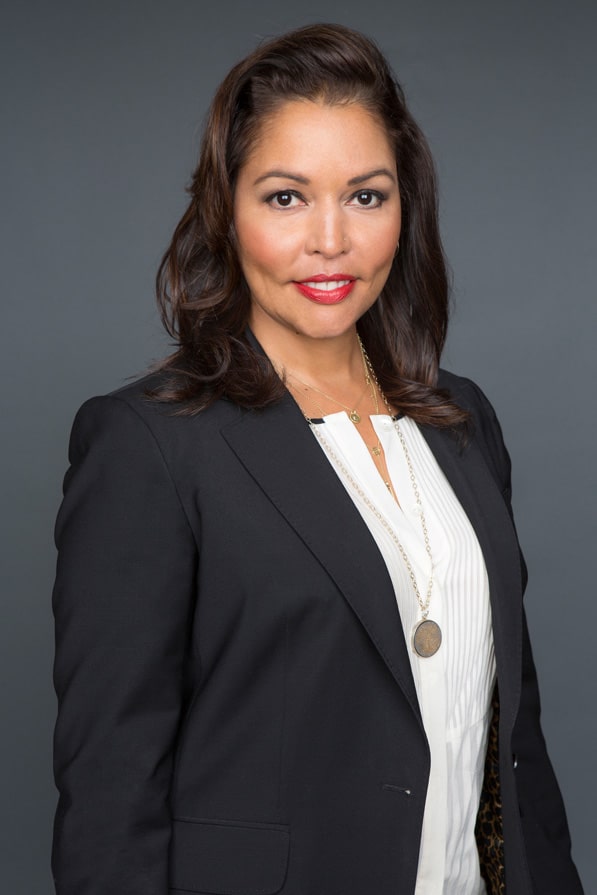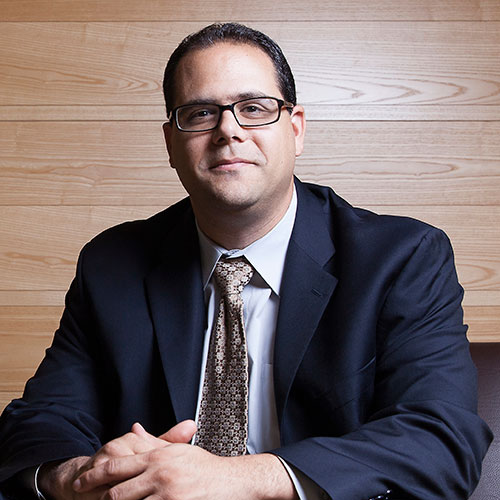
From executive positions at Avon, Comedy Central, and Home Box Office (HBO), Lucinda Martinez has witnessed the evolution of multicultural marketing firsthand. Today, as senior vice president of multicultural marketing at HBO, she oversees products like HBO Latino and Cinemax Latino, as well as marketing efforts to the networks’ so-called multicultural audiences: African American, Latino, Asian, and LGBT demographics. Here, she chats with HE to reflect on how multicultural marketing has changed since she began her career in the entertainment industry—and where it still needs to improve.
What does “multicultural marketing” mean to HBO?
It’s about identifying diverse audiences, and taking a targeted, narrow approach to marketing. It’s about understanding the value of those distinct audiences members, and making them a priority. And it’s about doing so in an authentic way.
What strategies have you found to be most effective when marketing to diversified demographics for HBO?
Even if a show doesn’t have an obviously culturally relevant story line for every population, we believe we have a responsibility to market it to everyone. And to connect to multicultural, millennial viewers, we have to generate buzz in creative ways.
For example, at the start of season four of Game of Thrones, we wanted to get more multicultural viewers engaged. With three seasons of intricate story lines, expecting new viewers to catch up on 1,800 minutes was a tall order. So we reached out to respected hip-hop artists that are fans of the show (Wale, Big Boi, Daddy Yankee, and others) and created a mixtape called “Catch the Throne,” based on the idea that it would help them catch up to the plot. It was an amazing success story: we had 1 million streams in two days. Then we launched a second volume with heavy metal artists (Mastodon, Killswitch Engage and more) and got 2.5 million streams. At its core, Game of Thrones is a battle for power, and so are these types of music. The idea resonated, and engagement worldwide skyrocketed.
How has HBO’s approach to multicultural marketing changed from when you first came on board in 1995?
We’ve taken more of an embedded, integrated approach as opposed to a campaign-type approach. We know what the opportunity is, and we know that the opportunity is always growing. We don’t have our head in the sand. HBO was the first network to launch a premium channel geared towards Latin American and Hispanic audiences (HBO Latino), and we know that multicultural marketing is only going to get more important in the future. But we’ve taken a more sustained, year-round approach to this market, rather than an opportunistic one.
How has the entertainment industry as a whole changed since you first launched your career in marketing?
Basically, what we’re competing for is what has changed. We’re not competing for ratings anymore; we’re competing for time while attention spans are getting shorter and shorter. People can now watch TV from their phones, computers, watches, etcetera. But the 24-hour day has not changed. Engaging people in such a cluttered environment is still one of our main challenges.
What have you seen not work in the multicultural realm of the industry?
One fundamental problem I see is that networks are still creating general market campaigns and then “versioning” them, or translating them to suit different audiences. That doesn’t work, because there is no such thing as a general market anymore.
What works is looking at a target audience, and creating a campaign from the bottom up. If you’re doing your job and are focused on doing it well, you don’t just create one message.The main thing I’ve learned from this job is there is an opportunity—or rather, a need—to understand your audience in a meaningful way. The only way you’re going to be successful is if your audience feels you’re speaking directly to them.
How have your experiences as a first-generation immigrant contributed to your unique marketing strategies?
For my entire life, I’ve had to work as an interpreter. As the daughter of Dominican immigrant parents, I learned to speak English in early childhood by watching Sesame Street, School House Rock, and The Electric Company. I became my parents’ translator; every doctor’s form, every application, every teacher’s note had to go through me. I also had to prepare them for the immigration exam, so I basically guided them through the American cultural experience.
The entire process helped shape me and informed a lot of my career choices. I honed the ability to interpret a message through a cultural lens, and I learned the value of the reaching different audiences in today’s global marketplace.

